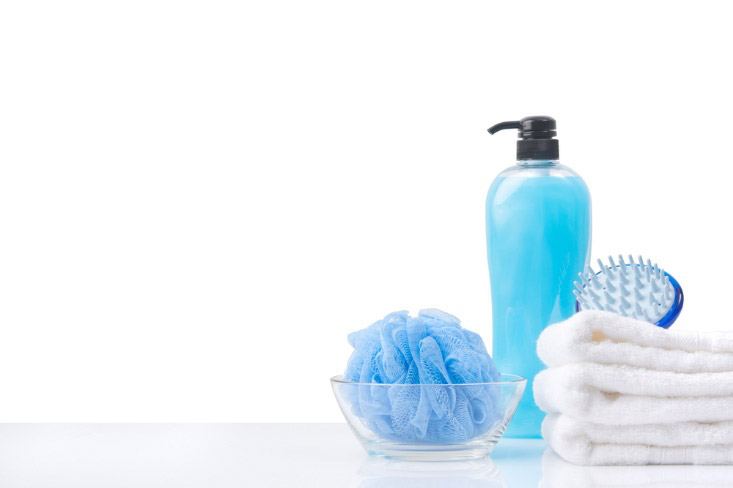Sweating is your body’s natural way of helping you keep cool. Sweat induces body odour when it comes in contact with the bacteria on your skin.
What makes you smell bad?
The causes of body odour vary from person to person on the basis of a number of factors. It is a misconception that sweat causes odour. Bacteria are the actual reason for odour. Bacteria on the skin’s surface first break down sweat and then feed on it. As a result, 2 acid compounds that have odour are produced. These are Propionic acid and Isovalericacid
Common causes of body odour
Food: What we eat affects our breath. Likewise, food has a role in body odour too. There are certain foods that have organic compounds to cause pungent odours. As the food is broken down, these compounds are released through the skin and sweat. Red meat, seafood, egg yolks, garlic, onions, yoghurt, asparagus, and spices such as mustard seed and coriander are often associated with sweat and odour. Limit consumption of these foods to prevent body odour
- Medication: Medication has side-effects, and one of them is sweating. Antipsychotics and antidepressants are well-known sweat-inducing medications. Moreover, aspirin and acetaminophen can also increase sweat production
- Hormonal Changes: Hormonal changes, such as those accompanying menopause, are associated with body odour. Hot flushes, one of the complications of menopause, increase perspiration. When sweat is produced, so are compounds that cause odour. In men, a condition known as hypogonadism (low levels of testosterone due to improperly working testicles) has a similar effect as hot flushes in women.
How to deal with bad body odour
Good hygiene: Bathing gets rid of bacteria in the skin and keeps a check on the amount of acid produced as it is bacteria that break down proteins found in sweat. Use an antibacterial soap and pay extra attention to under arms, chest and the groin area, areas where bacteria are found primarily.
- Deodorant and antiperspirant: Deodorant and antiperspirants contain antimicrobials that help get rid of bacteria present at the site of application. Alcohol or triclosan is used in the formulation of most deodorants. Aluminium salts in antiperspirants work to control sweat by forming a barrier over the sweat glands and preventing sweat from being released on to the skin’s surface.
- Well-rounded diet:Eat a well-rounded diet can help reduce body odour. Also, limit the intake of foods containing high amounts of sulphides and other odour causing compounds.
- Natural Fabrics:Certain fabrics can cause skin issues. Wear natural fabrics such as cotton for better perspiration.
- Chlorophyllin supplements:Chlorophyllin supplements can also be used to bind to various odour causing compounds in the body. Seek your health practitioner’s advice before taking Chlorophyllin supplements















